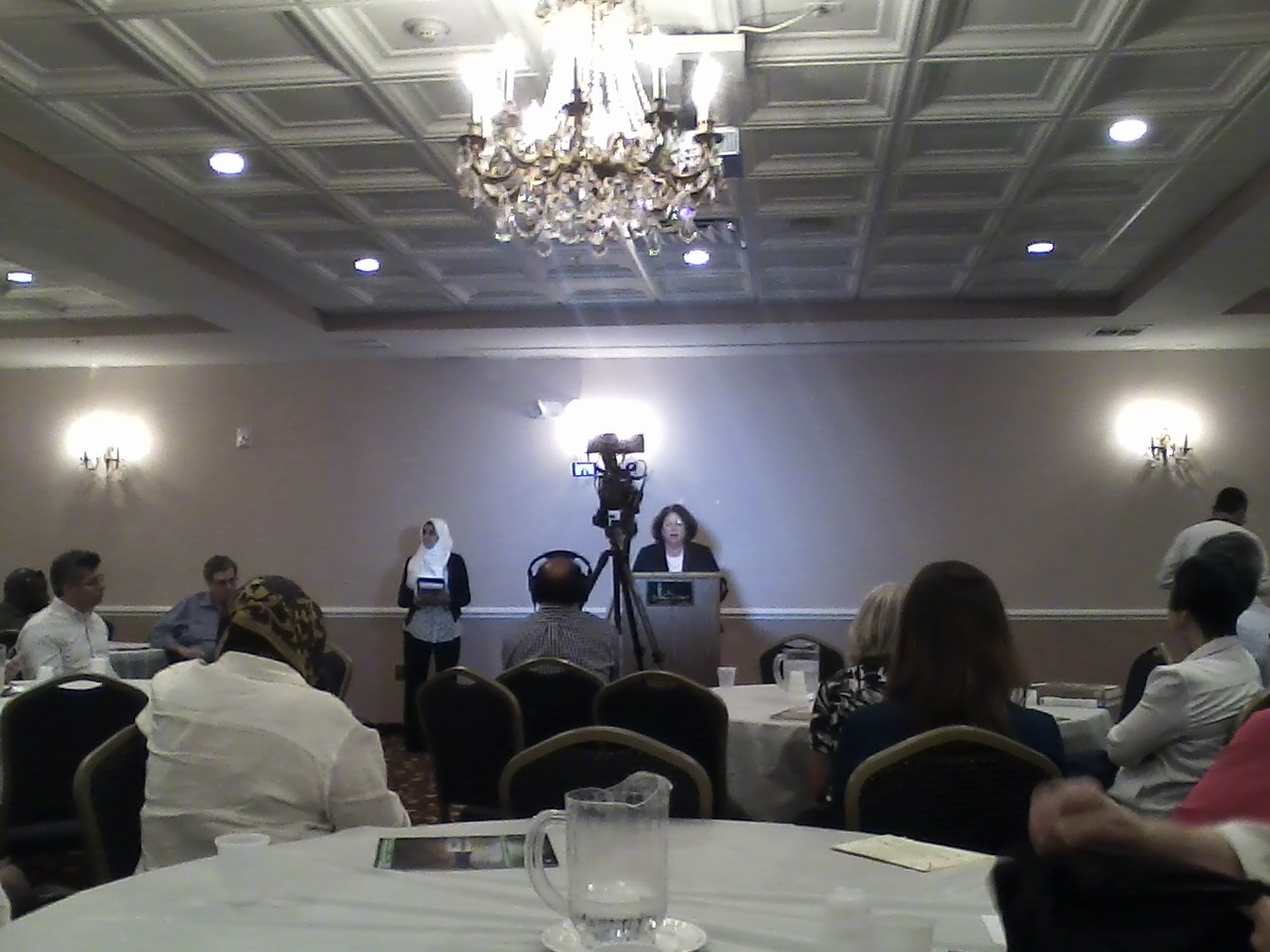Will there really be two more debates after this?
CLEVELAND, OHIO – The first debate between President Donald Trump and former Joe Biden, the Democrat presidential candidate, quickly denigrated into a vociferous food fight. Trump came out swinging hard for the fences, often interrupting and badgering Biden, who at one point told the president to “shut up,” quickly making hopes of a healthy issues-oriented discussion a foregone conclusion.
The issues scheduled to be discussed –the potential filling of a Supreme Court vacancy, street violence, the economy, climate change, and the novel coronavirus –were all brought up. But they were quickly overshadowed by the clamor, insults, name-calling and downright bad blood that engulfed the debate venue at Case Western Reserve University.
Biden, who’s been known to exhibit a short fuse in past contests, was straining hard to remain steadfast and focused whenever Trump volleyed his usual red meat commonly mentioned by conservative media outlets; Biden’s son getting a windfall from a Ukrainian oil company, the former vice president’s subservience to the liberal wing of the Democrat Party, and his supposed disregard for law and order and the military.
At times, Trump’s berating proved overwhelming for Biden, who called the president a “clown” a few times and said Trump’s “the worst president America’s ever had.”
The fracas also appeared to have made the moderator, Fox News’s esteemed journalist Chris Wallace, feeling in over his head as he frequently struggled to maintain any semblance of order.
Supreme Court
The recent death of Justice Ruth Bader Ginsburg created a vacancy on the United States Supreme Court. Trump has nominated a federal judge, Amy Coney Barrett, for the position and the Republican-controlled Senate is scheduled to hold hearings very soon. Trump defended the nomination and its timing, saying that unlike in 2016, when the Senate and presidency were controlled by different parties, both branches are controlled by the Republicans.
But Biden said the American public should have a say on the lifetime appointment by voting in the presidential election. He said so many issues are at stake through the justice appointment, including the fate of the Affordable Care Act (commonly known as Obamacare), abortion rights, environmental mandates, etc. He said the court’s decisions could lead to some 100 million people with preexisting conditions losing their health care. Trump said that’s false.
Covid-19
More than 205,000 people have succumbed to Covid-19, the disease caused by the novel coronavirus that has upended several aspects of daily life in the U.S. more than six months ago.
Biden accused Trump of having no plan to address the pandemic, months after admitting privately to famed journalist Bob Woodward that the virus was extremely serious. Biden said he would provide the gear and “wherewithal” necessary to keep citizens and frontline workers safe. He added that while the U.S. has 4 percent of the world’s population, the country accounts for 20 percent of the world’s Covid-19 fatalities.
Trump, however, congratulated his own administration, saying “we’ve done a great job,” securing the necessary gowns, masks and ventilators. He added that Democratic leaders praised his leadership, a statement at which Biden scoffed.
Trump also defended his holding of large outdoor rallies filled with supporters who often forego wearing masks, which most public health officials have recommended to prevent community spread of the virus. He made fun of Biden wearing masks frequently, and how large they were.
Economy
The economy has started recovering after its low point in the spring, when some 22 million jobs were lost due to a coronavirus-stemmed shutdown, impacting businesses, people’s work schedules, schools, recreations, among other aspects of life.
Trump has called for states to start reopening their economies more swiftly, saying that the shutdown has lead to a substantial uptick in lifestyle diseases. He credited himself with Big-10 football resuming its fall schedule.
He said if Biden is elected president, “he will destroy the economy.”
Biden said you could only open up the economy substantially when the pandemic is under control. He added that Trump hasn’t done enough to provide the resources need to get schools and businesses humming again. He said one in six small businesses have failed.
The former vice president said he and Obama “handed [Trump] a booming economy” and “he blew it.” Biden also took credit for helping save the auto industry, preserving jobs in swing states like Michigan and Ohio.
Trump’s trade policies, such as increased tariffs for Chinese goods, have backfired, according to Biden.
“He talks about the art of the deal, China’s perfected the art of the steal” Biden quipped.
Other takeaways from the debate:
*Biden said he believes in law and order and that the rioting in places like Portland, Oregon, should be addressed and treated as such, as opposed to peaceful protests
*Trump refused to condemn the Proud Boys, a white supremacist group also stoking violence in Portland; he only said they should “stand back and stand by” (within an hour, that expression was emblazoned on their social media pages)
*Biden calls for having electric vehicles in federal government fleets, weatherizing 4 million buildings, and rejoining the Paris Climate Accord, an international pact that calls for reducing greenhouse gases;
*Trump said forest fires in West Coast states could be better managed with better forest management (forests, however, are federal government property, not states);
*Biden called Trump “Putin’s puppy”
*Trump said he expects the United States Supreme Court to review the votes; he continued to cast doubts on the legitimacy of mail-in ballots, calling them a fraud;
*Biden said Trump has been “disastrous” for the Black community, adding that he uses race only in the form of dog whistles.
*Biden supports a public option, a government-run health insurance plan that would be available to people who’d normally qualify for Medicaid; he vowed to not replace people’s private health insurance with government-run, single-payer health care, a subject that was frequently discussed in last year’s Democrat presidential candidate debates.





